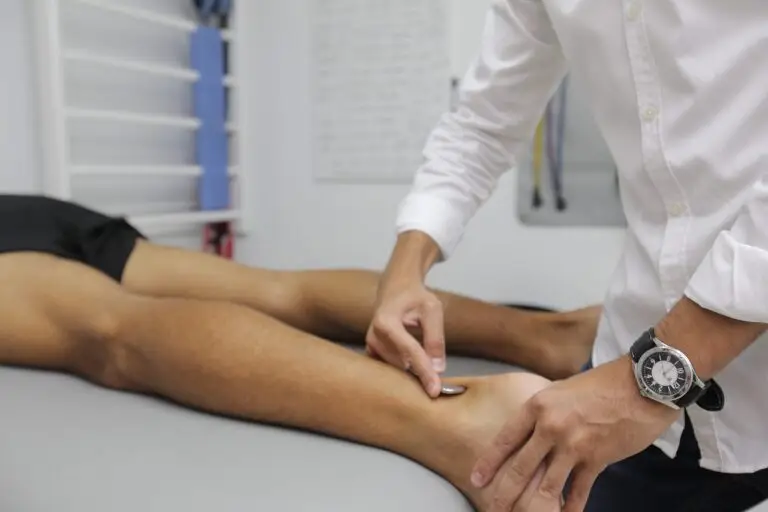Book an Appointment
We are here for you! Book you Physiotherapy Appointment by choosing one of the following option below
Write to us
Appointment@rcphealth.ca
Choose time slot
that work for you
Orthopedic physiotherapy is a specialized branch of rehabilitation focused on diagnosing, treating, and restoring function in musculoskeletal injuries, joint disorders, and post-surgical conditions. orthopedic physiotherapy is essential for conditions such as osteoarthritis, ligament injuries, tendonitis, fractures, and post-surgical recovery.
It is especially important after procedures like knee replacement, full knee replacement, total knee replacement, and hip replacement. Physiotherapists work closely with your orthopedic surgeon or sports medicine doctor to design individualized programs that include manual therapy, therapeutic exercises, gait and posture training, and modalities like ultrasound, electrical stimulation, and cryotherapy.
Proper rehab after a knee replacement operation or hip surgery reduces stiffness, restores range of motion, prevents complications, and helps patients return to daily activities—typically within 6–12 weeks, depending on the procedure.
Athletes also benefit through biomechanical assessments, injury prevention strategies, and performance optimization techniques.

Expert orthopedic physiotherapy for bone and joint recovery, led by a trusted back specialist near you in Oakville.
The orthopedic physiotherapy program focuses on reducing pain, improving mobility, and enhancing functionality through targeted exercises and interventions for individuals with orthopedic conditions or recovering from injuries.
Write to us
Appointment@rcphealth.ca
Choose time slot
that work for you